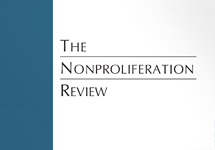
The Nonproliferation Review features a special collection of articles by the Harvard–MacArthur Beyond Nuclear Deterrence Working Group.
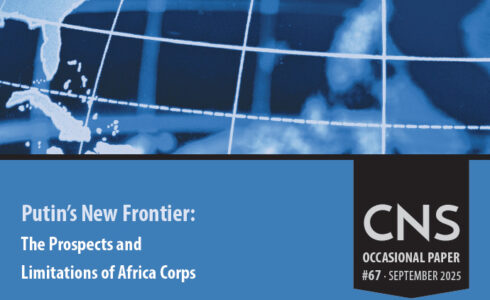
This study chronicles the emergence of Africa Corps and assesses its activities since summer 2023 in relevant African states.
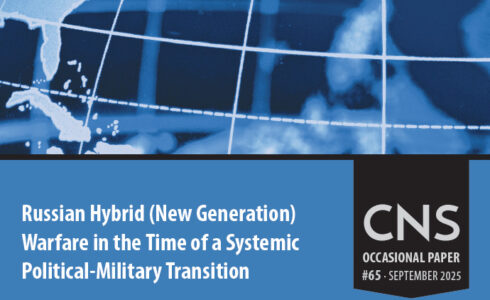
Perhaps the most important takeaway from this study is the conclusion that Russia’s ability to conduct hybrid operations is limited.
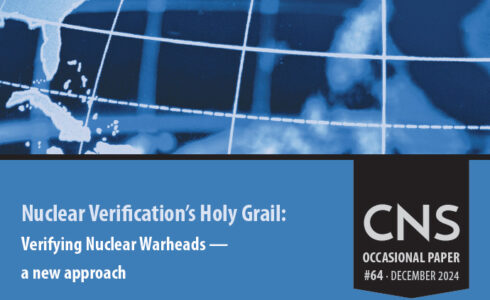
This paper presents verification methods, technologies, and measures that may be used to design a verification protocol for any type of warhead stockpile agreement.
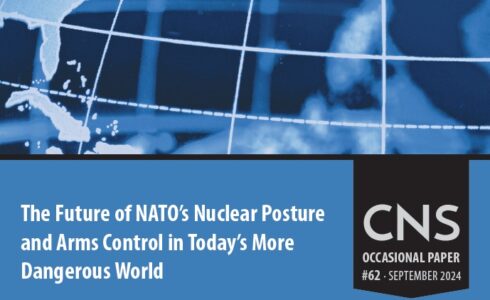
At the present moment, it is hard to see grounds for optimism when it comes to nuclear arms control or risk reduction.

The end of nuclear weapons testing is a significant nonproliferation success, yet concerns about its resumption persist.
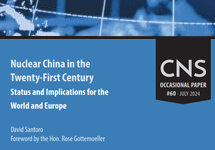
Concerns over China’s rapid nuclear arsenal expansion have prompted global efforts to assess its implications, especially for NATO’s security.
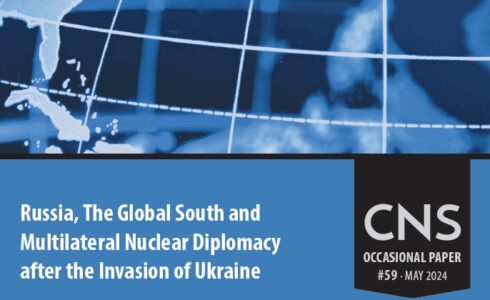
This paper assesses the impact of Russia’s war against Ukraine on multilateral nuclear diplomacy, with a particular focus on dynamics between Russia and countries of the Global South.